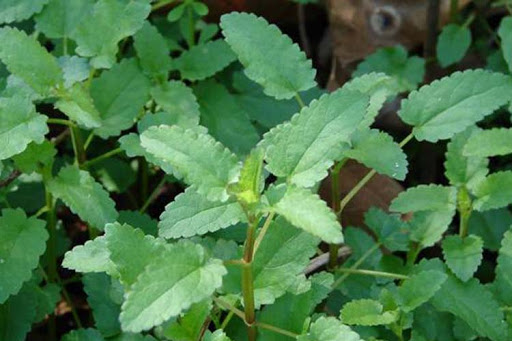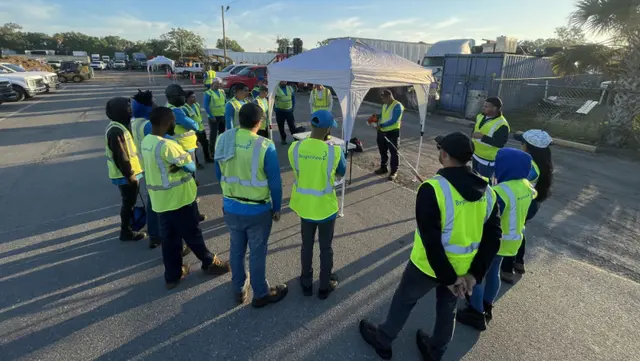
Get Rid of Broadleaf Weeds
All weeds are not created equal. Here’s how to weed out those unwanted intruders.
When it comes to broadleaf weeds, they’re among the toughest to control. So how do you beat them? It’s simple: know thy enemy. Read on for the knowledge you need to gain the upper hand.
How to Identify Broadleaves
Just as the name suggests, broadleaves often have large leaves, each featuring veins in a net-like pattern. Most broadleaves have fibrous roots, which you may have noticed when trying to remove one. Once mature, many broadleaves grow flowers, though that certainly doesn’t make them any more desirable. In contrast, grassy weeds have narrow leaves and may at first look like desirable grass. When grassy weeds germinate, a single leaf emerges; whereas in broadleaves, 2 seed leaves emerge. Unfortunately, broadleaves love warm season lawns, like St. Augustinegrass, zoysiagrass, and bermudagrass, where they’ll stick out like a sore thumb.

Some examples of common broadleaves include:
- Beggarweed
- Chickweed
- Clovers
- Dandelion
- Florida pusley
- Henbit
- Lespedeza
- Matchweed
- Plantain
Take Back Your Landscape
The tricky thing about fighting broadleaves is there isn’t one herbicide that works well for all. That’s why it’s important to understand the lifecycle of the particular weed you’re dealing with. Broadleaves can be annuals, biennials, and perennials, and each group requires a different approach. But fear not, your landscape partner will be able to determine the type of broadleaf and prescribe the appropriate formulas and application schedule, so you don’t have to become an amateur horticulturalist.
You may hear your landscape partner discuss the use of a preemergent or postemergent. Both are herbicides that work at different stages of the weed’s lifecycle:
Preemergent herbicides are applied before weed seeds are able to germinate. Preemergent herbicides work well for controlling certain types of annual broadleaves, but have a very narrow window for application in order to be effective—generally around February or March, before daytime temperatures reach 65-70 degrees Fahrenheit for four or more consecutive days.
Postemergent herbicides are applied to weeds that have already emerged. Even with postemergent herbicides, timing is important. It’s best to catch the weed while it’s still young, as mature weeds will require a larger volume of herbicide, which could cause harm to your turf and surrounding landscape.

Ideally, postemergent application is best during spring or fall, when the temperature is moderate, between 65-85 degrees Fahrenheit. Once the temperature exceeds 85 degrees Farenheit, there’s a greater chance the application could damage your turf.
It’s also important to note that postemergent herbicides don’t provide instant gratification. It may be several days before the herbicide reaches its full effectiveness. In the meantime, you’ll need to avoid mowing or cutting the weeds, which could blunt the herbicide’s effect.
Don't Let Your Defenses Down
Identifying the type of broadleaf weeds affecting your landscape is only half the battle. The other half is maintaining good cultural practices year-round. Lush, dense turf is one of the best defenses against broadleaf weeds because it shades the soil, preventing weed seeds from germinating. Achieving this requires regular fertilization, mowing to an appropriate height at regular intervals, pest control, and a water management program that ensures you’re not over or underwatering. Sticking to the regimen will pay off in lower weed control costs, and the satisfaction of knowing you’ve won the upper hand against those pesky broadleaves.
Get Rid of Broadleaf Weeds Once and For All
Struggling to keep broadleaf weeds under control? Don't let them take over — BrightView's expert team can help you fight back. Request a free analysis or give our team a call at 844.235.7778.



